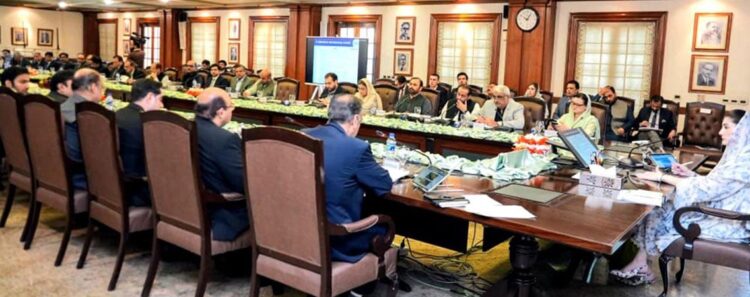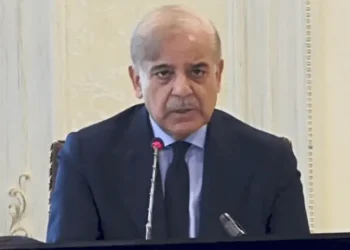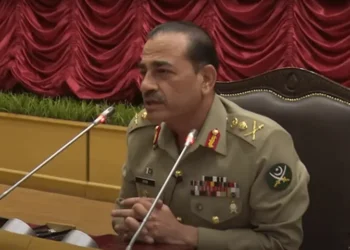LAHORE: The Punjab cabinet, chaired by Chief Minister Maryam Nawaz Sharif, has approved a historic Rs100 billion grant for the Pakistan Army to assist in rebuilding post-flood infrastructure and to bolster security preparedness across the province.
During a high-level meeting with a 171-point agenda, the cabinet appreciated the province’s largest-ever rescue and relief operation and finalized a comprehensive compensation plan for flood-affected families. Payments under this scheme will start from October 17.
Under the compensation package, the families of deceased victims will receive Rs1 million, while those permanently disabled will get Rs500,000, and the injured will receive Rs300,000. For housing damages, Rs1 million will be paid for fully collapsed concrete houses, and Rs300,000 for partially damaged ones. Farmers facing 25% crop loss will be given Rs20,000 per acre, while Abiana and agricultural income tax have been waived in 2,855 villages.
The CM also approved a Rs15,000 monthly salary increase for Civil Defence volunteers in recognition of their services during the floods. She praised the efforts of provincial ministers, district administrations, police, Rescue 1122, PDMA, and civil defence teams for their dedication. Maryam emphasized that no victim would be left without support and warned against illegal construction in riverbeds.
According to the Senior Member Board of Revenue, the 2025 floods affected 27 districts, damaging 4,678 villages and 2,010 acres of crops, impacting 4.7 million people. Rescue teams saved 2.6 million individuals and over 2.1 million livestock, while 417 relief camps were set up.
The cabinet also approved several significant measures, including a Rs2 per unit reduction in solar power tariff, 15% Rent-a-Car tax rate, and $10,000 MBBS fee for overseas Pakistanis, rejecting the proposed $20,000 fee.
Among development initiatives, the cabinet approved the Maryam Nawaz Ration Card pilot project in Lahore, an interest-free electric taxi scheme, and the recruitment of 8,084 teaching interns. It also sanctioned new judicial posts, wildlife and domestic workers’ rules, agreements with China’s Guizhou province, and the creation of Punjab Forensic Science Authority.
Healthcare and environment projects were also prioritized, including Mayo Hospital emergency revamp, installation of 5,182 water filtration plants, EPA restructuring, Potohar Water Board, Nawaz Sharif Cardiac Centres, and air quality monitoring stations under the World Bank’s PCAP.
The cabinet approved new minimum wages for workers, expanded Punjab Mass Transit to Gujranwala and Sargodha, sanctioned Wheat Release Policy 2025–26, and passed multiple amendments to environmental, taxation, and health laws. Boards of Governors were restructured for key health institutions, and funds were approved for “Apni Chhat Apna Ghar”, Punjab Saaf Pani, and Lahore ADP 2025–26 projects.





































































